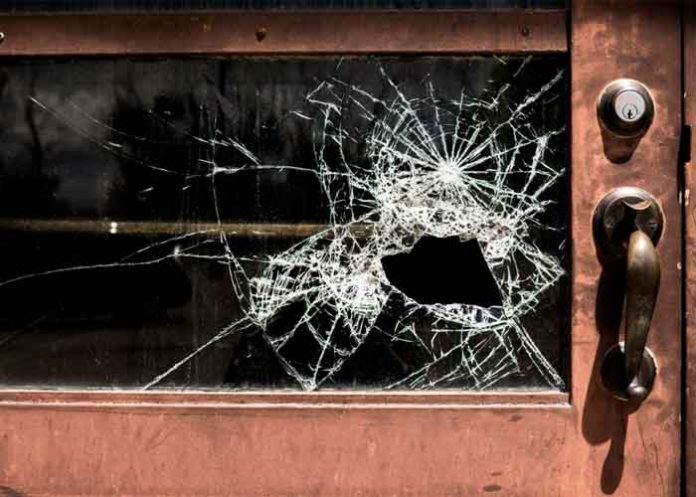In 2015, the United Nations (UN) promulgated the 2030 Agenda for Sustainable Development, which sets out 17 goals that seek the integral well-being of nature and people, hand in hand with the Social Solidarity Economy (SSE). SSE refers to companies and organizations that produce goods, services, and knowledge that meet the needs of the community they serve, in order to achieve social and environmental goals, and foster solidarity, seeking to reduce global warming, eliminate poverty, and create supportive communities.
To achieve these specific goals, government action and strategic alliances with international organizations are necessary. In this way, it is possible to generate equality in social, environmental and economic conditions that, in turn, contribute to the search for human security. In Costa Rica, over the past few years, security has become an unsustainable issue.
On January 11 of this year, the Social Progress Index (SPI) was presented, covering data from 170 countries, ranging from 2011 to 2023 and combining 57 social and environmental indicators. Costa Rica ranks 39th, with a score of 78.03. However, when looking at the Safety component, which considers interpersonal violence, intimate partner violence, money theft, feeling of security when walking alone and transportation-related injuries, we are very low, in 94th place, with 67.85 points. This is a really alarming position.
In 2023, according to Randall Zúñiga, director of the Judicial Investigation Agency (OIJ), the country recorded 907 homicides. This is the year with the highest number of homicides in history. In addition, the homicide rate went from 12.5 per 100,000 inhabitants in 2022 to 17.2 in 2023, representing a 38% annual increase. Most of these deaths are attributed to drug-related violence. 52 of the victims were not targeted.
It has become common, unfortunately, to read or hear stories about daily murders in communities where a few years ago these events practically did not exist. Our eyes identify foreign drug traffickers as the only culprits of these crimes, but it is necessary to ask why these gangs proliferate in our country and why do we see more and more young people involved in these practices?
The gap between social classes is widening, public health services seem slower, and education is lagging behind. This implies an inequality of opportunities that opens a door for the inhabitants to be forced to take paths of survival, on the route of “easy money”. That path that even leads them to lose their lives.
To achieve sustainable development at the country level, it is essential to focus efforts on improving education and the public health system, with a view to achieving a comprehensive goal: that citizens have quality services and equal opportunities. As Nobel Peace Prize winner (1992) Rigoberta Menchú Tum put it: “Peace is not only the absence of war; As long as there is poverty, racism, discrimination and exclusion, it will be difficult for us to achieve a world of peace.”

